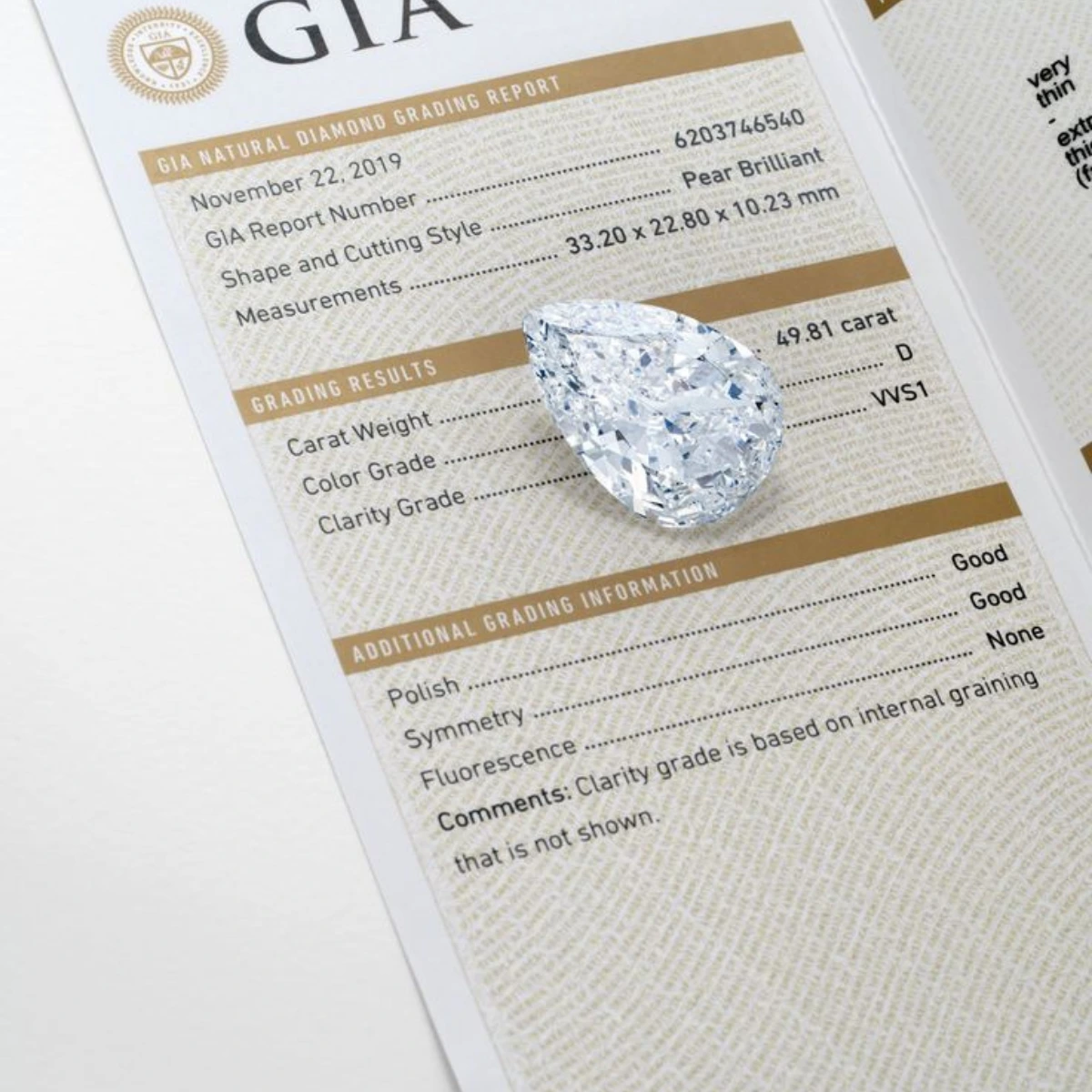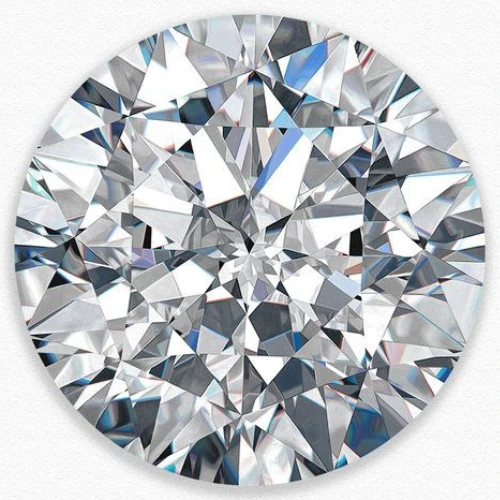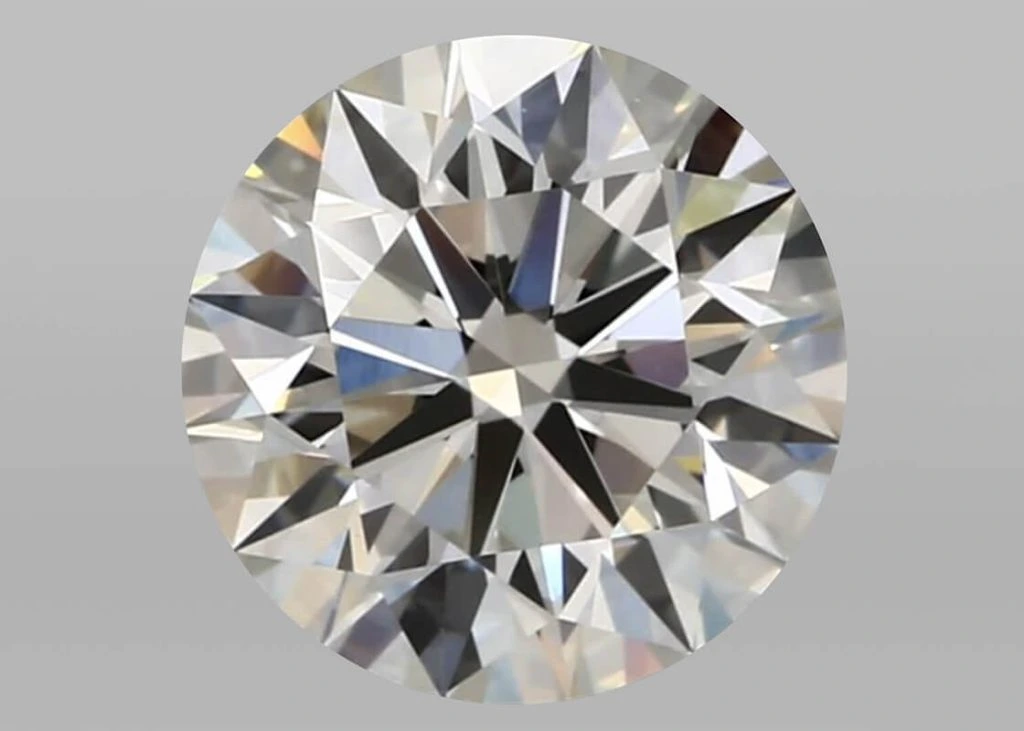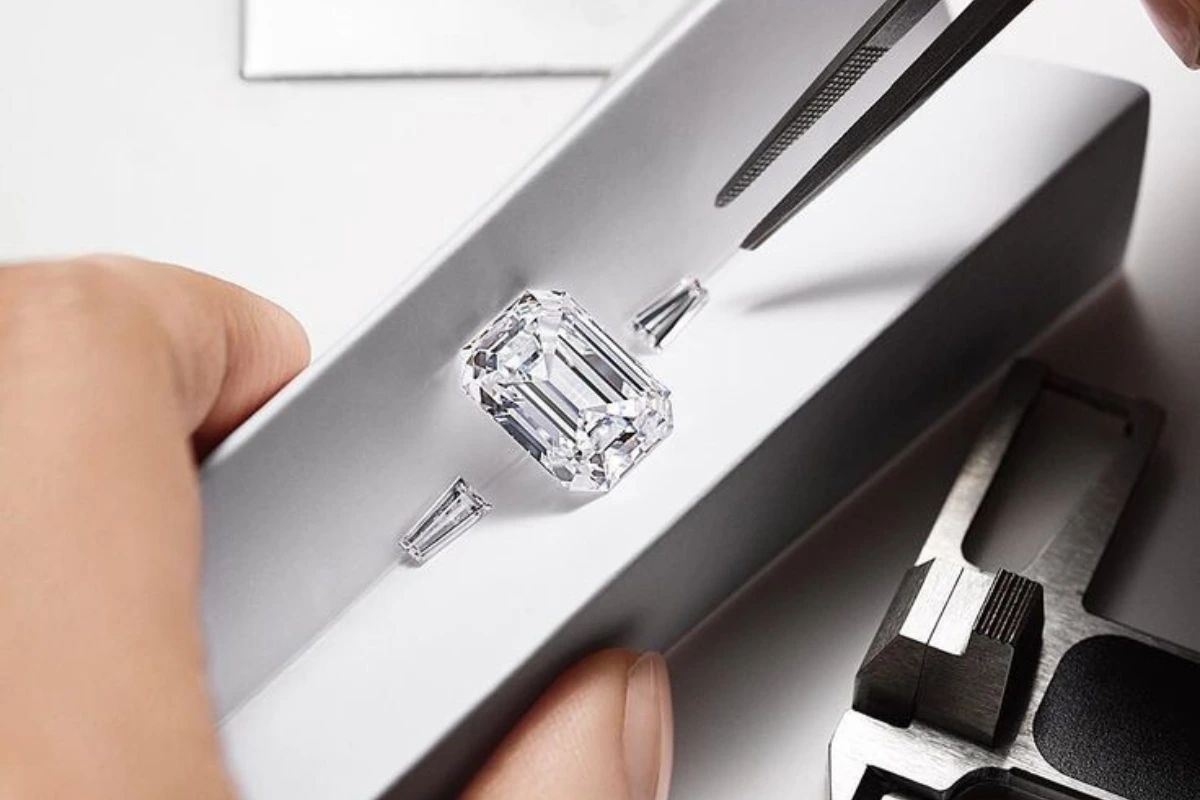What is GIA?
GIA stands for the Gemological Institute of America. It is a nonprofit institute and one of the most respected organizations in the world when it comes to gemological research, education, and diamond grading. GIA is renowned for its unbiased and accurate assessment of diamonds and gemstones.
GIA has played a pivotal role in developing the standards and methods used to evaluate the quality of diamonds. The institute is known for its "4 Cs" grading system, which assesses diamonds based on Color, Cut, Clarity, and Carat Weight. This standardized grading system has become an industry benchmark and is widely accepted globally.
Apart from grading and certification services, GIA is involved in gemological research, education, and the development of industry standards. GIA-trained gemologists are highly regarded for their expertise in evaluating and identifying gemstones. In essence, GIA serves as a trusted authority in the diamond and gemstone industry.




